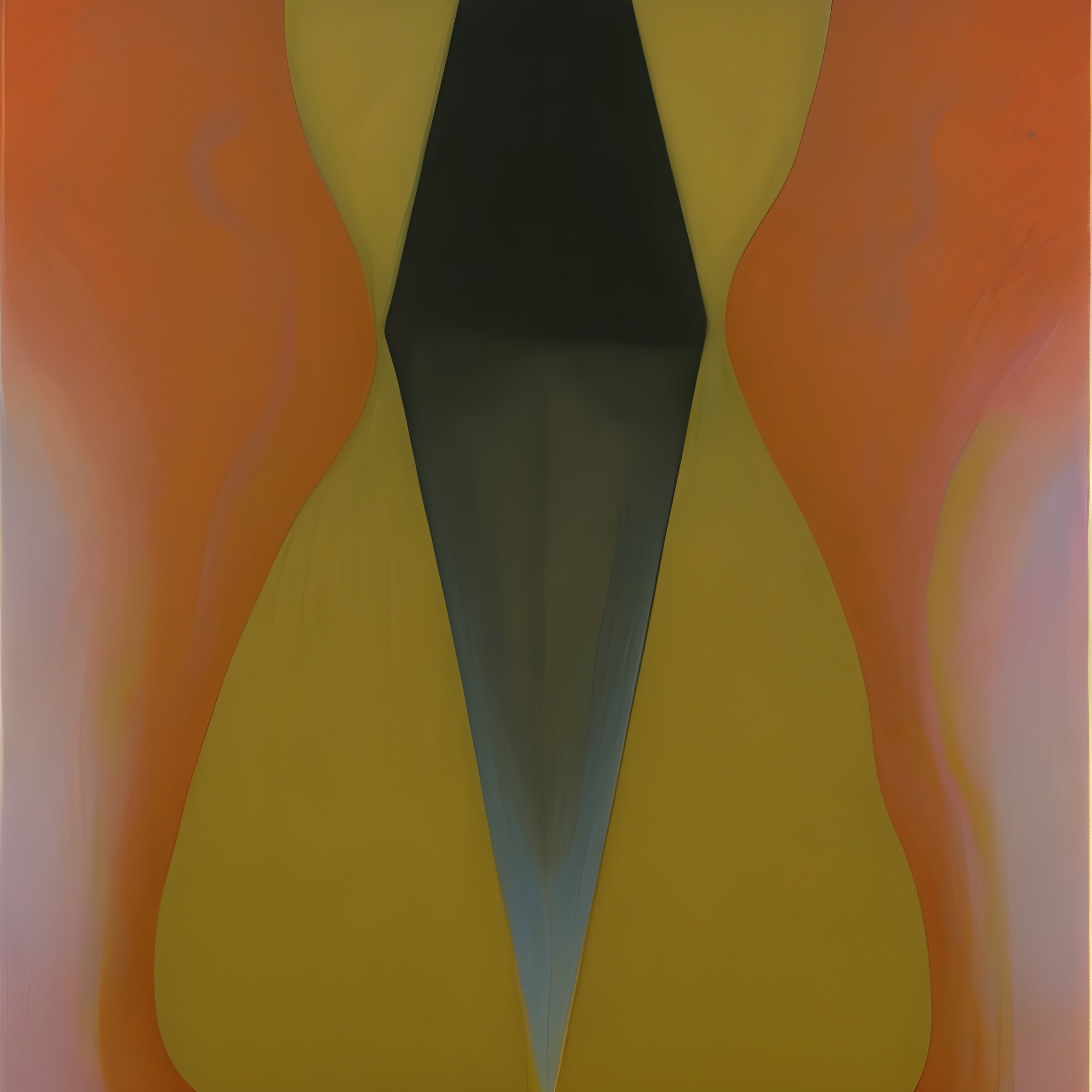Buffalo seasons Awareness in life

Am I Engaging in Projective Identification?
In relationships, projective identification can lead to misunderstandings, conflicts, and significant emotional distress as individuals unconsciously project their own unwanted feelings or traits onto others. This can create a confusing dynamic where the recipient of the projection begins to experience and act upon these imposed emotions or characteristics, often exacerbating the original conflict. However, this process can also foster a sense of closeness or intimacy, as the projector and recipient become emotionally intertwined, sharing an unspoken, yet powerful, psychological connection.
Understanding and addressing projective identification is crucial to reducing the vast polarization that has blanketed the globe. In the 21st century, countries, states, political parties, corporations, communities, and families are engaging in literal and figurative war. By exploring these unconscious projections, Dialogue therapists and Real Dialogue specialists can help people gain insight into their own internal conflicts and the ways in which they influence their relationships. This awareness allows clients to disentangle themselves from the projections of others, fostering healthier interpersonal dynamics and reducing emotional distress. Ultimately, recognizing and working through projective identification can lead to more authentic and constructive interactions, both in therapy, consultation, and in everyday relationships.

Polarizing Conversations, Humanity’s Nemesis
Polarization profoundly impacts humanity by entrenching divisions and fostering an environment where mutual understanding and cooperation become increasingly difficult. It exacerbates conflicts by emphasizing differences rather than commonalities, leading to social fragmentation and the breakdown of communal bonds. In families, polarization can cause estrangement and tension, while in workplaces, it undermines collaboration and productivity. Within organizations and cultures, polarization can erode trust, impair decision-making, and create dysfunction, ultimately stalling progress and innovation. On a broader scale, polarized societies struggle to address collective challenges effectively, as partisan gridlock and resistance to compromise impede the development of inclusive and sustainable solutions. This erosion of social cohesion and collaborative spirit hinders humanity's ability to address pressing global issues, from climate change to social justice, ultimately threatening the well-being and advancement of societies worldwide.
Real Dialogue—a movement to counteract stereotyping, racism, bias, polarization, and dehumanization—is a method of co-facilitated conversation outside the therapy room with the aim of seeing, hearing, and feeling another as a human being with respect. As we gain greater understanding of our human counterparts, we can gain greater respect for our differences.

